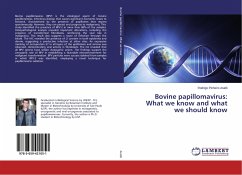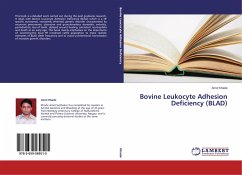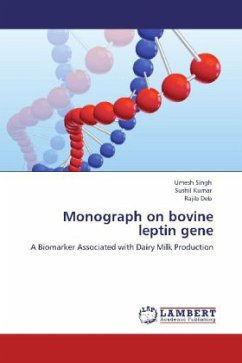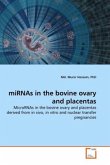Bovine papillomavirus (BPV) is the etiological agent of bovine papillomatosis, infectious disease that causes significant economic losses to livestock, characterized by the presence of papillomas that regress spontaneously. However, they can persist and progress to malignancy. This study identified the presence of BPV-2 in more than 80% of the samples. Histopathological analysis revealed important alterations, including the presence of transformed fibroblasts, reinforcing the viral role in malignancy. This result also suggests a route of infection through the blood. The IHC revealed the presence of L1 protein in both epidermis and dermis, suggesting a productive infection at other sites. An expressive marking of oncoprotein E7 in all layers of the epithelium and stroma was observed, demonstrating viral activity in fibroblasts. The CA revealed that all BPV genres have similar clastogenic action. The findings support the oncogenic role of BPV in establishing a favorable microenvironment for malignant transformation. BPV particles were success isolated from samples in which BPV-2 was identified, employing a novel technique for papillomavirus isolation.








